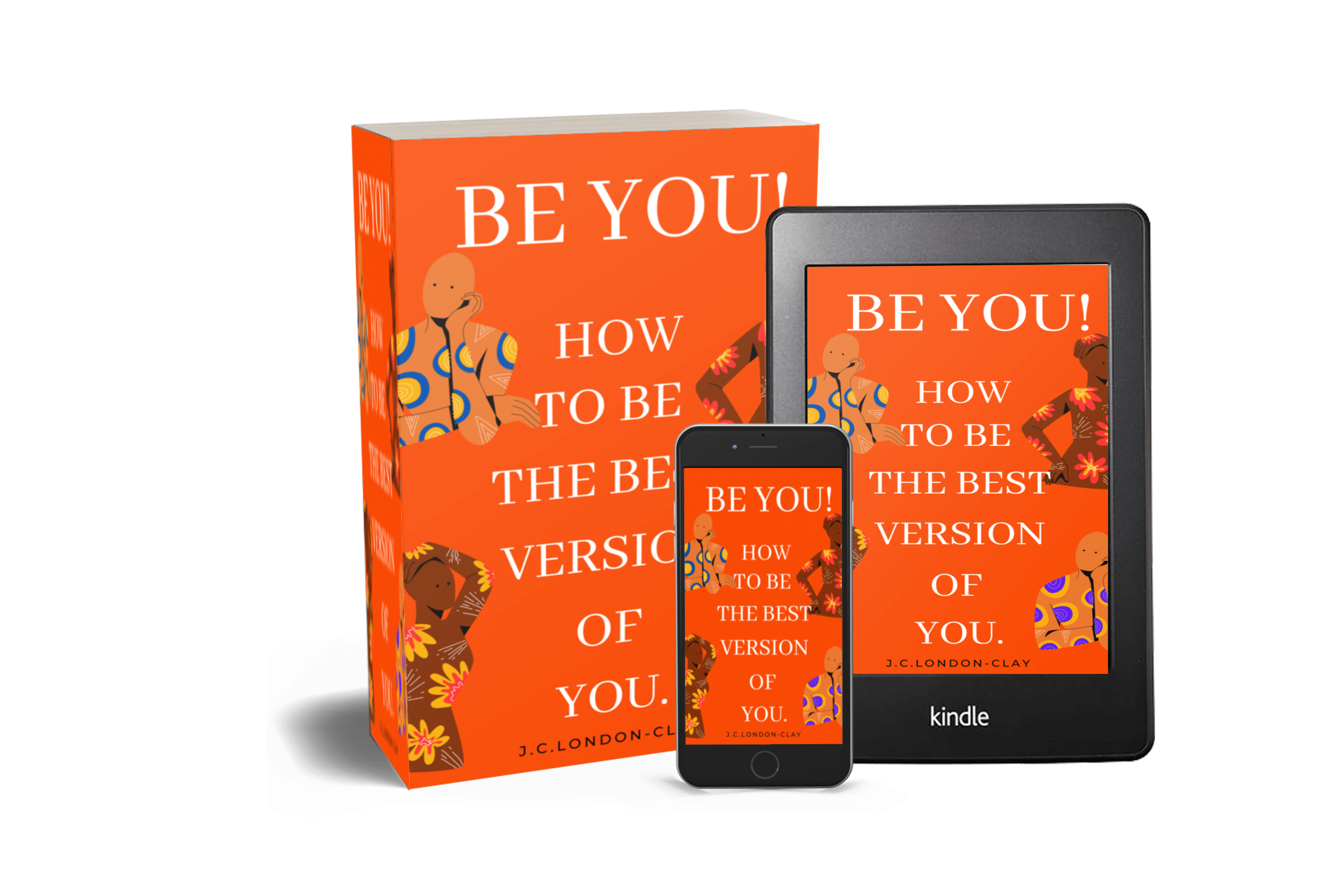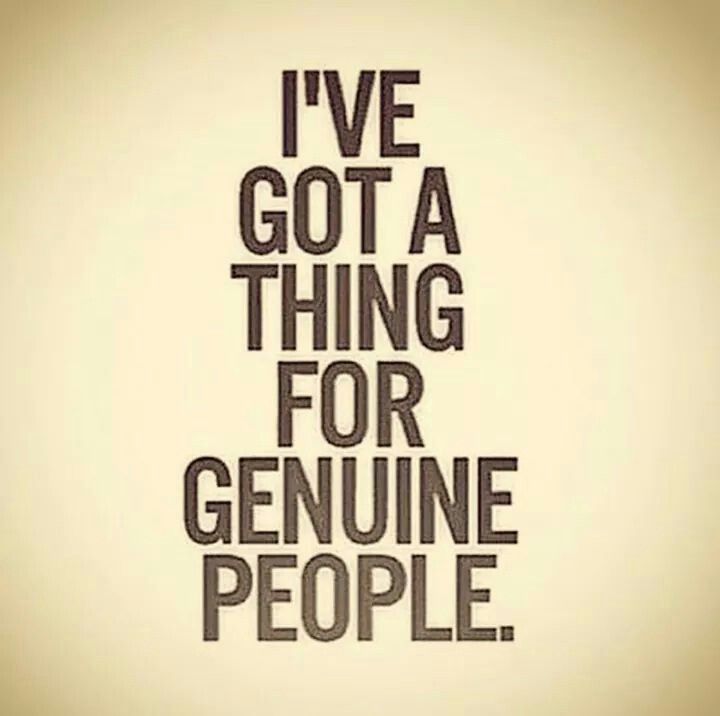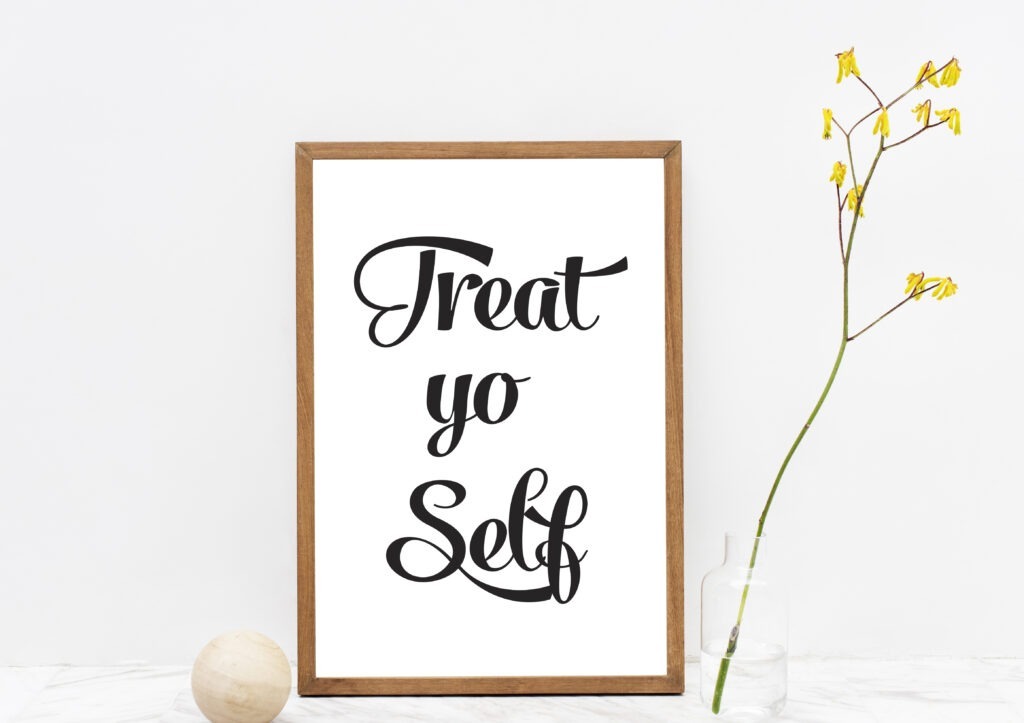
Genuine Person Definition
Understanding what a genuine person is and recognizing genuine self-expression in yourself and others is not just crucial, but also immensely beneficial. This understanding can significantly impact your life and relationships, fostering a deeper sense of understanding and empathy.
In today’s fast-paced world, where appearances often trump authenticity, it’s more vital than ever to understand what it truly means to be genuine.
Recent studies show that 66% of consumers prefer short, authentic content on social media, highlighting the growing importance of authenticity in the digital age.
But what is a genuine person, and how can you tell if you are one?
A genuine person stays true to their values, beliefs, and emotions. They do this despite pressure from others. Authenticity is more than honesty. It requires a deep match between one’s internal self and actions. Psychology experts say that genuine people are empathetic, honest, and consistent. These traits build trust and deep connections. They boost self-esteem and well-being.
Authenticity is not just about personal relationships. It has a profound impact on the workplace as well. Being authentic at work can lead to better team dynamics and inspire trust. It also helps dismiss stress rooted in projecting a fabricated persona, promoting mental and emotional health.
Signs You’re A Truly Genuine Person
Understanding the signs of a genuine person can empower you to self-assess your authenticity. These signs can guide you in recognizing and embodying genuine self-expression daily, giving you the power to control your own authenticity. We can all agree that pretending is terrible. Everyone wants to avoid feeling controlled and appearing inauthentic. But what makes a person genuine? I would like to discuss the definition of an genuine person.
Millennials, raised in the age of social media, want to pin down this trait. They want to know if they still have it. They spend a lot of time curating shareable images on Instagram. They grow a summarized photo of their lives on Facebook. They post descriptions of themselves on dating sites. And, as “real” as these moments may be, they are selective. There is a worry about crafting one’s best self, not exposing it all. (“6 Signs You’re a Truly Genuine Person | HuffPostLife“)
In 2002, pioneers Michael Kernis and Brian Goldman studied honest personalities. They defined authenticity as “the unimpeded operation of one’s core self in business.”
Before creating profiles, one should verify if one’s true self guides a character. One should examine the thoughts, interactions, and behaviors that fill each day. Science has yet to find a route to sincerity, but there are some shared traits among genuine people.
Here are signs you are a genuine person in your true self.
1. You have excessive self-esteem.
“Genuine people, by definition, have high self-esteem,” says Dr. Guy Winch. He is a medical psychologist, a HuffPost blogger, and the author of a book. It’s called Emotional First Aid: Healing Rejection, Guilt, Failure, and Other Everyday Hurts.
“With self-esteem, it’s the ‘Goldilocks’ range. Too much is wrong. That’s the narcissism range, the arrogant, prideful range,” Winch tells The Huffington Post. “Too little is no longer good; you choose something stable in the middle.”
So real humans are those who have strong vanity — it’s solid, it’s consistent, it’s now not brittle. And humans who have stable vanity are usually much less protective about matters. They can sense authenticity. They can be genuine. They’re less worried about exposing who they are. They feel okay about who they are.”
Research backs this up. A 2008 Journal of Counseling Psychology article explored the “authentic personality.” Researchers in the U.K. examined how unique traits affect a person’s sense of authenticity. They found that people with a high need for authenticity had higher self-esteem.
2. You embody vulnerability.
Internal power struggles collide with societal views. Many cultures value magnificent, ancient walls. They hide flaws and protect against harm.
Science supports using flexible coping methods to face pain. It suggests facing fears and failures to learn and grow instead of ignoring them. Only an actual character with stable shallowness can do the latter.
Winch says, “With high self-esteem, you can admit failure and accept criticism. You can handle bad comments.” This shows the need for flexibility.
Accept criticism and harsh feedback with confidence. It shouldn’t devastate you if it shows you something you don’t love about yourself. You can admit it, hope to work on it or accept it, but it won’t change how you think about yourself.
3. You share your authentic thoughts, beliefs, and opinions with the world.
Authentic individuals don’t just reflect on their existence and its causes. They actively share their ‘true selves’ with those around them. Researchers refer to this outward expression as ‘authentic extroverted behavior ‘, which is a key aspect of genuine self-expression.
A 2010 study in the Journal of Personality. Introverts and extroverts share their thoughts with the world. Wake Forest psychologist William Fleeson conducted it.
Fleeson stated that being quite extroverted is connected to authenticity. “This is true, even for those who see themselves as introverts.”
“Being bendy with who you are is okay. It is no longer denying or disrespecting who you are. People are often too rigid. They cling to the familiar. “Adapting to a scenario can sometimes make you truer to yourself.”
His search also found a link. Emotional security and intelligence align with correctness.
4. You offer sincere praise and receive heartfelt admiration.
Authentic individuals don’t just reflect on their existence and its causes. They actively share their ‘true selves’ with those around them. Researchers refer to this outward expression as ‘authentic extroverted behavior ‘, which is a key aspect of genuine self-expression.
A 2010 study in the Journal of Personality. Introverts and extroverts share their thoughts with the world. Wake Forest psychologist William Fleeson conducted it.
Fleeson stated that being quite extroverted is connected to authenticity. “This is true, even for those who see themselves as introverts.”
“Being bendy with who you are is okay. It is no longer denying or disrespecting who you are. People are often too rigid. They cling to the familiar. “Adapting to a scenario can sometimes make you truer to yourself.”
His search also found a link. Emotional security and intelligence align with correctness.
5. You, undoubtedly, hear — and decide on deep conversations.
Genuine humans find it easier to focus on a dialogue. The user dislikes hearing what the other person has to say. They refrain from mindless scrolling through texts and focus on the present. Everything else falls by the wayside.
A 2013 study by psychologist Erin Heerey at Bangor University. I found that others can tell when you are being genuine. The study found that paired strangers became aware of one another. They monitored their reactions to any exchanged smiles, both honest and polite.
It found that the topics responded much faster to genuine smiles than to polite ones. They viewed natural smiles as a valuable social reward. “When we are real humans and our vanity is strong, agendas and baggage lessen our burden. We can have a much purer conversation about the content of the discussion,” adds Winch.
“When humans are authentic, their interactions are pure. Their conversations, too, are more fascinating. You can get further, you can discover more, and you can find out more because it’s a much richer conversation.”
6. An internal voice pushes you as a substitute for your surroundings.
A critical factor of authenticity is knowing and being at ease with yourself. It requires time to improve your views on what you care about. Don’t adopt the views of those around you. With this basis, you can maintain these values. You uphold their values, articulate their meaning, and have deep convictions about them.
“Exploring your beliefs and feelings gives you reason and purpose,” says Winch. “We all have these operational directives. We don’t always articulate them to ourselves.” But if we search within, we will find our ideas. They are using us. We should study our actions, thoughts, and beliefs.”
Winch says that those who have looked inside know their life’s driving ideas better. They have sought to discover why they think and act as they do. “It makes them proactive instead of reactive.”
CONCLUSION
In conclusion, knowing what a genuine person is can change your life. You can spot the signs of true authenticity. Genuine people match their actions to their values, which builds trust, strong relationships, and well-being. Being authentic builds connections, helps your career, and boosts mental health.
If you found this article helpful, please check my ebook. “Unlocking the Power of Your Love: 5 Simple Ways to Practice Self-Love and Kindness.” You can buy it at jamielondonclay.com. The site also sells products to inspire and support your growth.
Buying through the affiliate links on my blog supports my work. It helps me keep providing valuable content. Visit my store at jamielondonclay.com. It has products to inspire and support your growth and empowerment.
I invite you to subscribe to my blog, follow me on social media, and share this article with your network. Your engagement keeps our community thriving and growing.
Join me in exploring similar topics. Create a community centered on embracing individuality and unrestricted lifestyles. Consider subscribing to my YouTube channel, where I will roll out new content soon. Let’s embark on this journey of whole personal development together. How do you plan to embrace authenticity in your life?




You know what… #3 is me to a T.. I typically share my true thoughts and feelings to the people around me sometimes I think to a detriment. My true feelings sometimes offend even when I’m not intending to be offensive.
I have however learned that it’s nice to have a nice balance. Everything doesn’t need to be said or vocalized.
Me too Thomas! I am still learning that everything doesn’t need to be said or vocalized! lol
Thank you for sharing your thoughts!